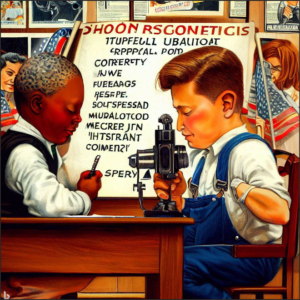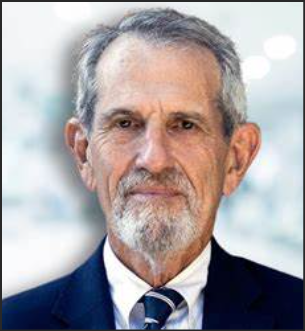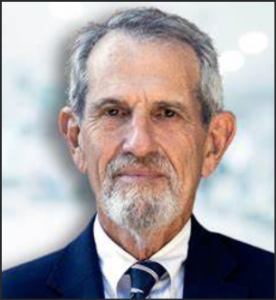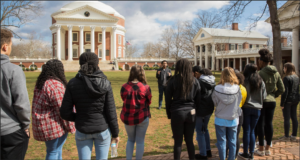
Credit: Bing Image Creator. Sacagawea scratching her head, in the style of Frederick Remington.
by James A. Bacon
In the spring of 2022 University of Virginia alumnus Warren Lightfoot emailed Rector Whitt Clement, a fraternity brother, to share the experiences of a friend and friend’s daughter during a university tour. Among other negative observations about UVa, reported Lightfoot, the student tour guide had made a point of noting that the university was built on land taken from Indians, that it was built by slaves, that its plans were “stolen” from slaves, and that the University had caused little but harm to the residents of Charlottesville over 200 years. “Needless to say, my friend and his daughter were unimpressed, shocked and offended,” recounted Lightfoot, who, as a former student tour guide himself, had been proud of the institution he represented.
Clement thanked his frat brother for the email. “I have heard similar, but less disturbing, accounts. I am going to look into this — totally unacceptable.”
True to his word, Clement talked to Greg Roberts, associate vice provost of enrollment and undergraduate admission. The Office of Undergraduate Admissions coordinated with the independent, student-run Student Guide Service to brief prospective students about the university. Typically, officials with the university would meet with prospects and their parents, and then turn them over to guides for tours of dormitories, student amenities and Thomas Jefferson’s architectural masterpiece of the Lawn.
Reporting back to Lightfoot, Clement reiterated his concerns. “I have expressed my dismay about this tour guide and am told it is an isolated event and that the guide is gone. This episode is totally unacceptable. Even if the tour guide program is part of student self-governance, which I am told is the case, then they must do a lot better job in self-selection and with the content of their tours; otherwise, serious intervention and changes would be in order in my opinion.”
But by August 2022 nothing had changed. Frustrated by the lack of concrete action, Lightfoot got back in touch with Clement to say that “the nonsense with the student guides has not stopped at all.” Continue reading →
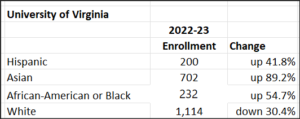

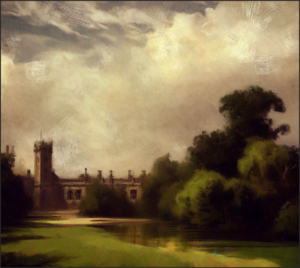
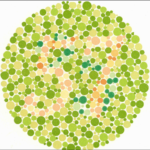
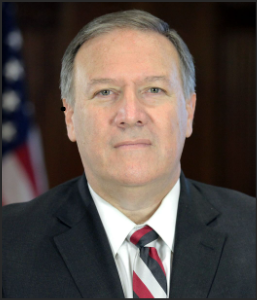 Save the date: Monday, September 25
Save the date: Monday, September 25